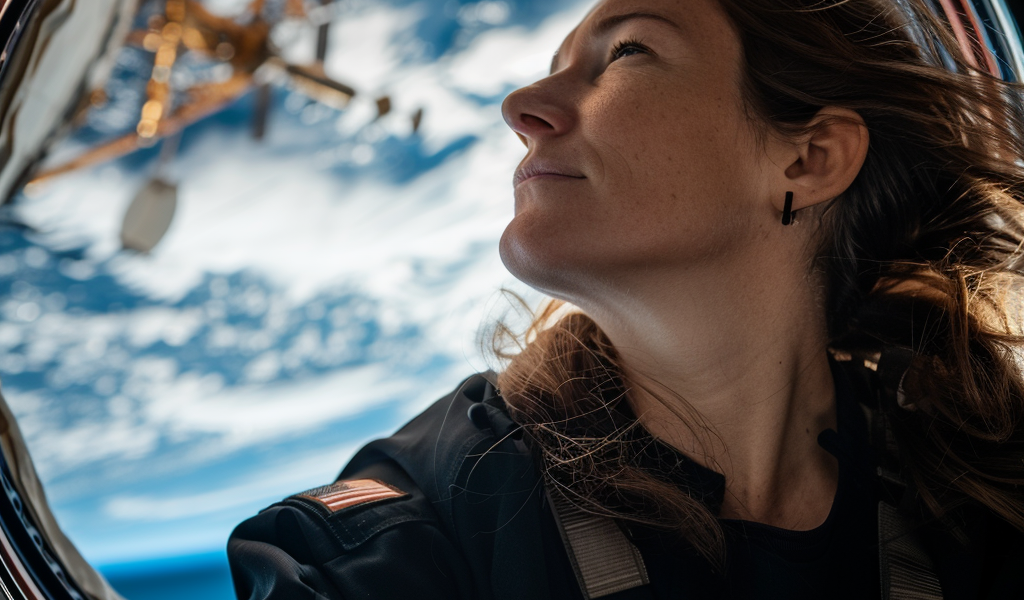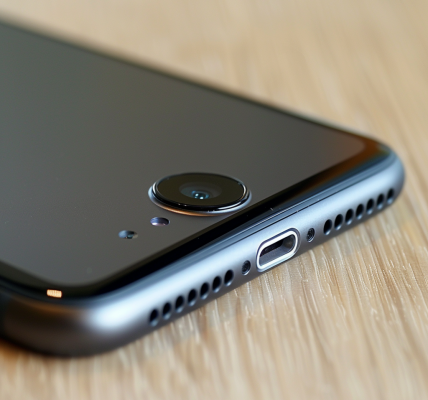Physiological Effects of Space Travel on Civilian Astronauts Revealed in Groundbreaking Study
Space exploration has always been a topic of fascination for many, and with the recent surge in commercial spaceflight opportunities, more individuals are getting the chance to experience the wonders of zero gravity and the Earth from above. One such individual is Hayley Arceneaux, a physician assistant who made history by becoming the youngest American civilian to orbit the Earth as part of SpaceX’s Inspiration4 mission in September 2021.
Unlike traditional astronauts, Arceneaux has a unique medical history, having a metal rod in her leg due to childhood cancer. Her journey with the all-civilian crew on a three-day spaceflight provided valuable insights into how space travel impacts the human body, particularly for non-professional astronauts.
Researchers recently released findings from over 40 studies conducted on Arceneaux and her fellow crew members during and after the mission. The results revealed significant changes in the body’s biology due to factors like radiation exposure and the effects of low gravity. Immune system responses were altered, gene expression was affected, and cognitive functions showed signs of impairment after just three days in space.
Despite these challenges, the good news is that most of the bodily changes observed during the spaceflight reversed upon returning to Earth. This wealth of data collected from the crew members represents the most extensive study to date on the physiological effects of space travel on the human body.
Christopher Mason, a researcher at Weill Cornell Medicine involved in the studies, described the findings as a crucial step towards developing precision medicine tailored for spaceflight. The research marks a significant milestone in understanding how space exploration impacts human health and well-being.
As space tourism gains momentum, with various countries and private companies vying for a stake in the industry, the need for comprehensive studies on the effects of space travel becomes increasingly important. NASA’s ongoing research, spanning decades of astronaut missions, has shed light on various aspects of spaceflight-related health risks, such as increased cancer susceptibility, vision changes, and muscle and bone deterioration.
Notable studies, including those involving twin astronauts Scott and Mark Kelly, have provided valuable insights into the biological changes that occur during extended space missions. However, the focus has primarily been on trained astronauts, making the data from civilian space travelers like Arceneaux and her crew members a valuable addition to the existing body of research.
The data collected from the Inspiration4 mission participants is now publicly available through NASA’s Open Science Data Repository, offering a wealth of information for future studies on spaceflight’s impact on human biology. With space exploration entering a new era of accessibility and commercial opportunities, continued research into the health implications of space travel will be essential for ensuring the well-being of future space travelers.





